 Burton Plumbers
Burton Plumbers
 Burton Plumbers
Burton Plumbers
Rainwater Harvesting Systems is an environmentally conscious plumbing service that involves the planning and setup of systems to capture, retain, and repurpose rainwater for non-drinking uses. These systems typically consist of filtration components, tanks, and collection areas, supporting sustainable water use in gardening, sanitation, and general cleaning. Properly configured systems lower utility costs and promote water conservation
We provide top-quality Plumbing services throughout King County. Whether you need help with Rainwater Harvesting Systems or other issues, our Experts is ready.
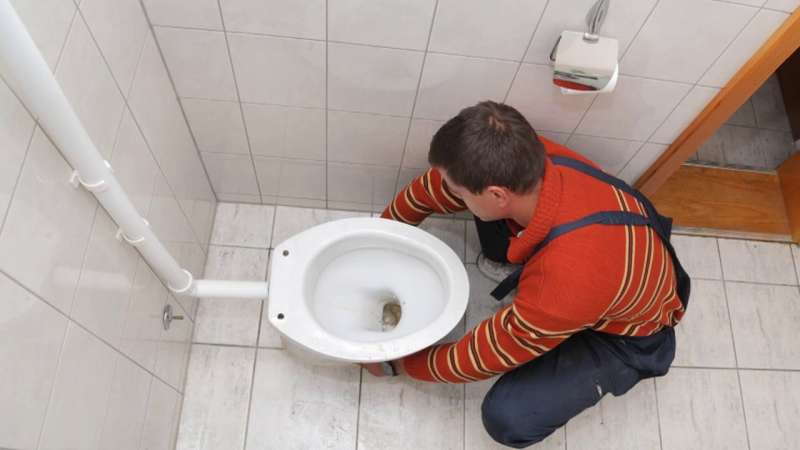
Setting up dishwashers, water heaters (tank and tankless), garbage disposals, and washing devices.
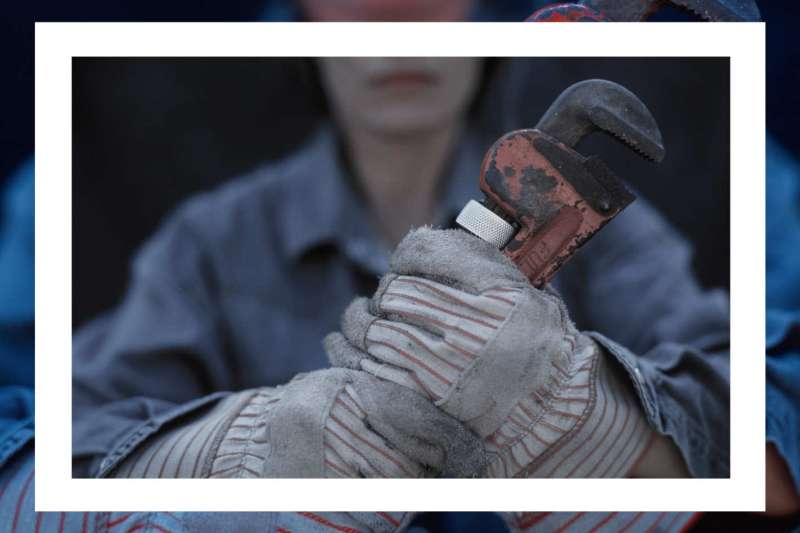
Ensuring backflow prevention gadgets are working properly.
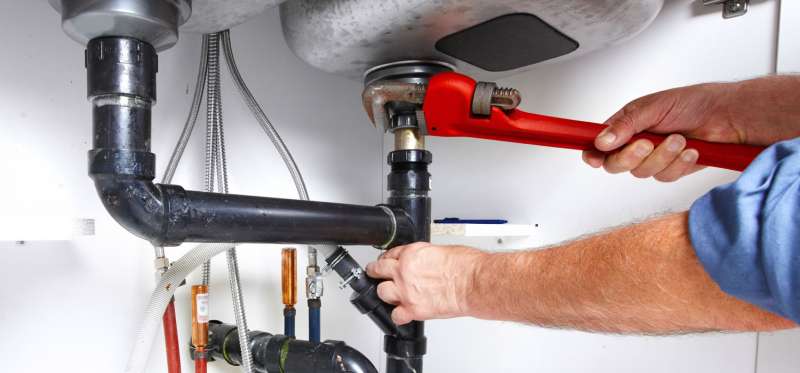
Moving or upgrading plumbing systems.
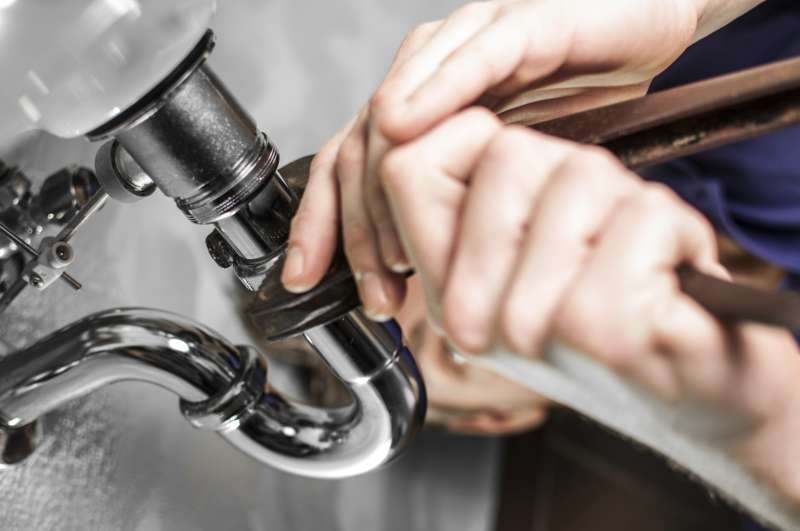
Ensuring plumbing systems fulfill regional policies.
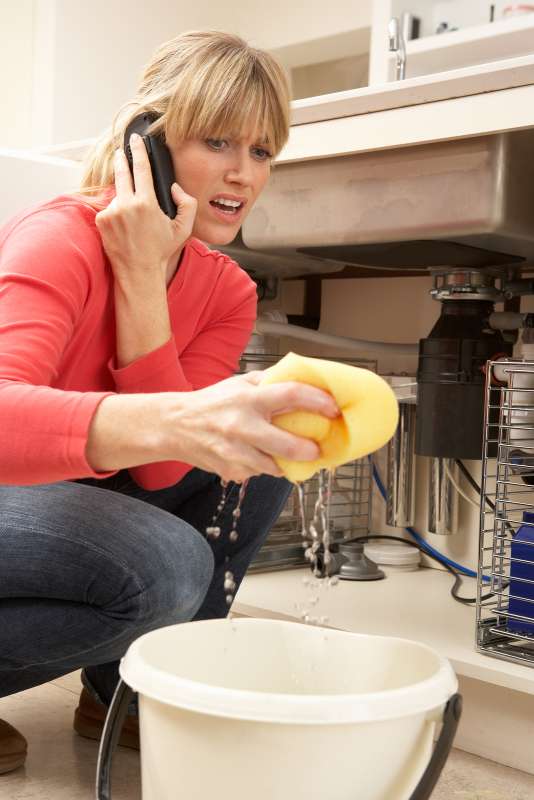
Immediate response to prevent flooding and water damage.

Cleaning clogs in sinks, toilets, showers, and sewage system lines.
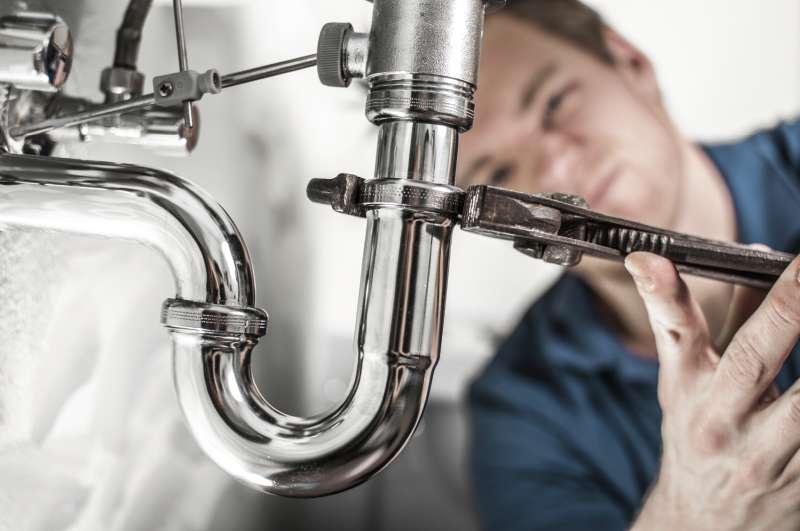
Routine cleansing to prevent clogs and maintain circulation.
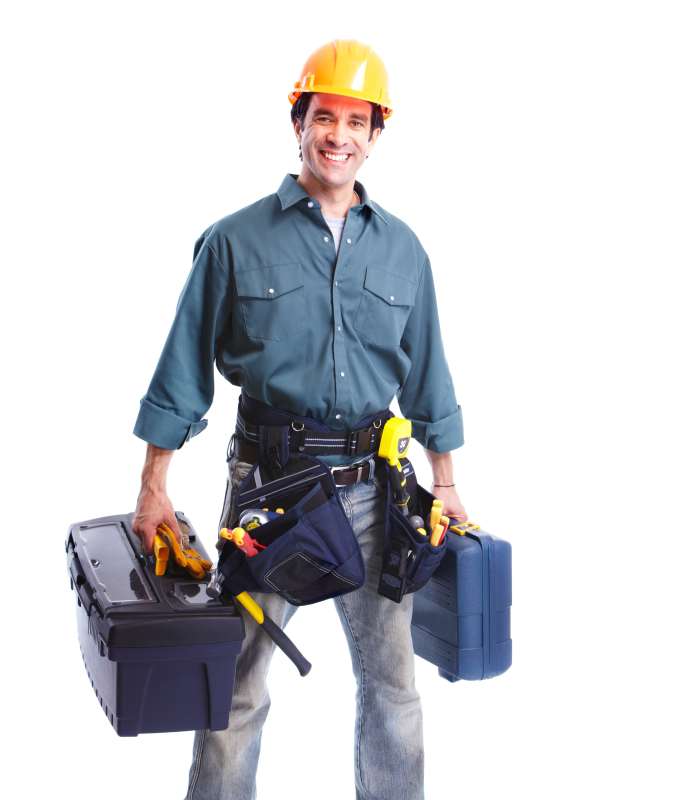
Fixing malfunctioning faucets, toilets, and other fixtures.
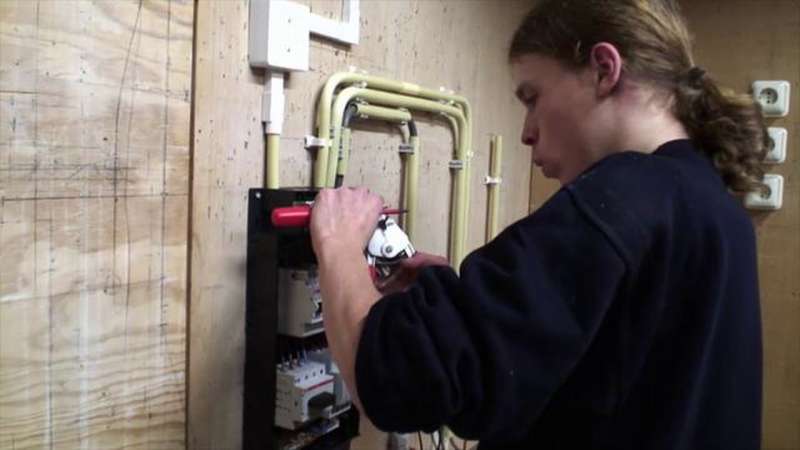
Installation of sinks, faucets, toilets, tubs, and showers.
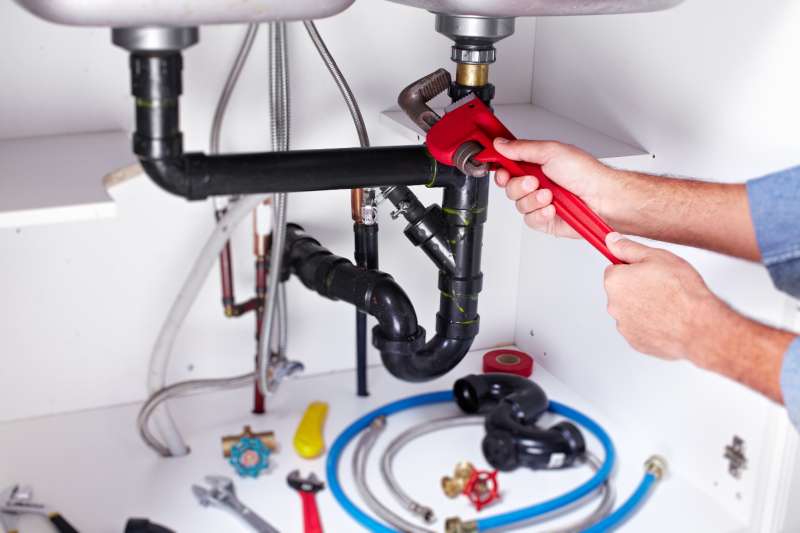
Emergency detection and repair to prevent risks.
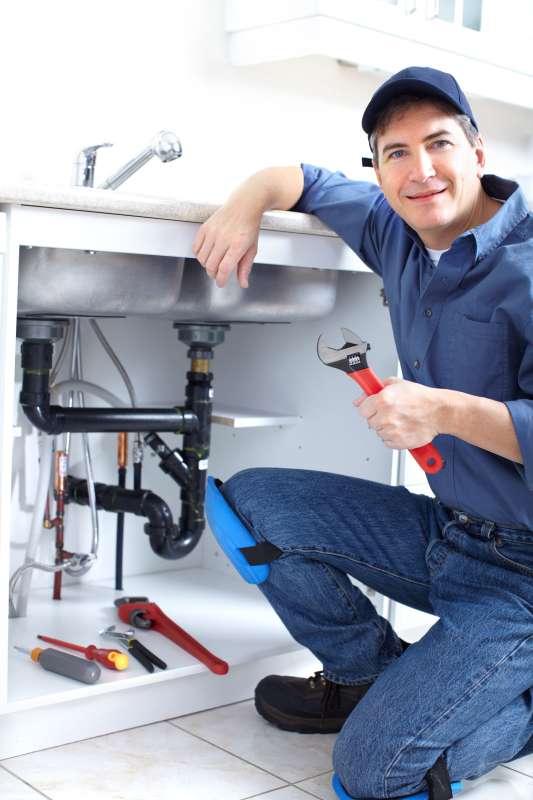
Repairing gas leakages and ensuring appropriate gas line functioning.
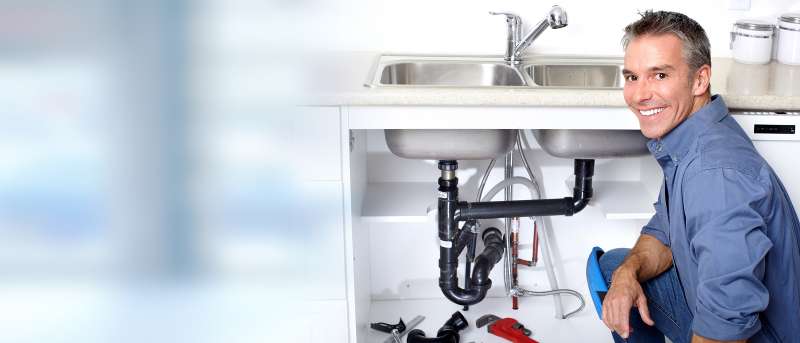
Setting up systems for recycling household wastewater.
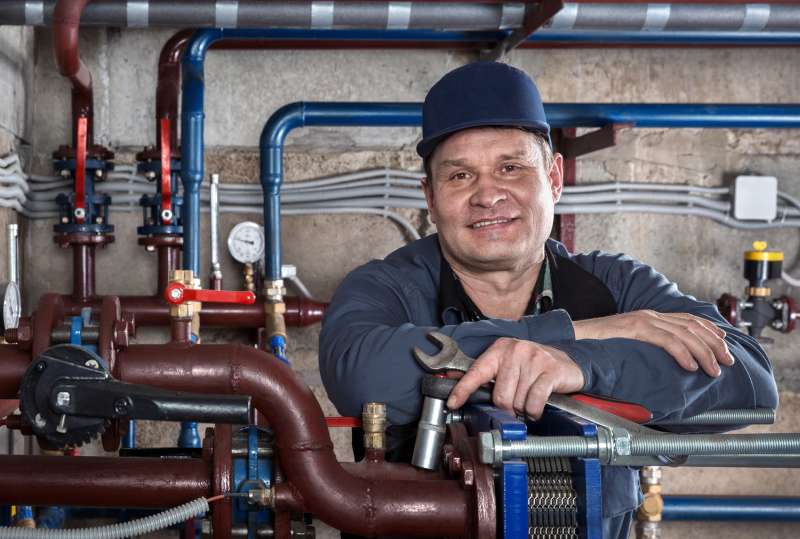
Setting up and keeping radiant flooring heating unit.
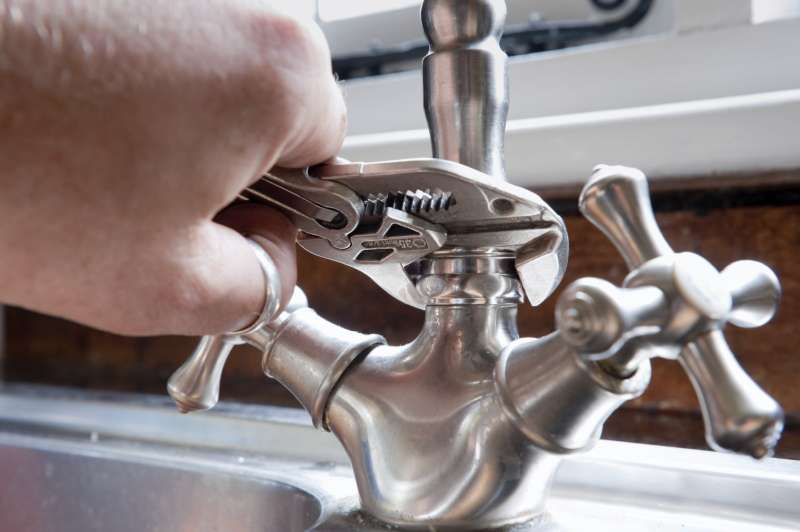
Specialized piping for factories or commercial settings.
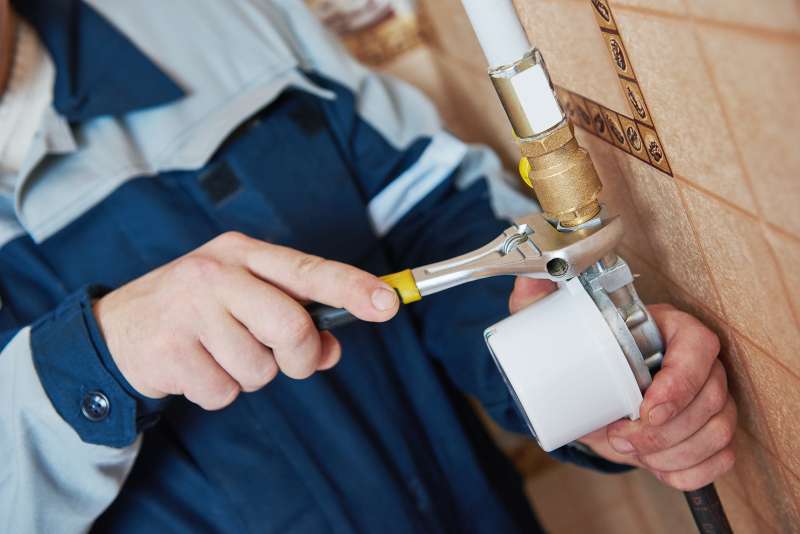
Setting up and maintaining outdoor irrigation.
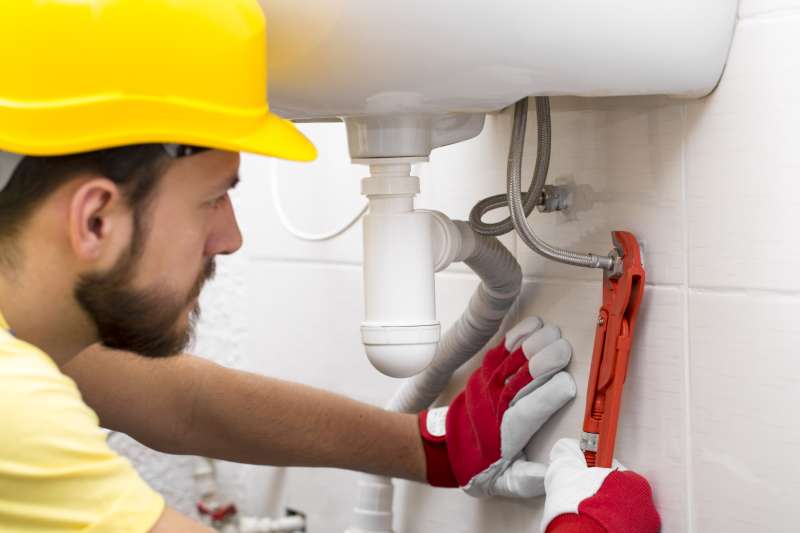
Plumbing systems for brand-new structures or remodellings.
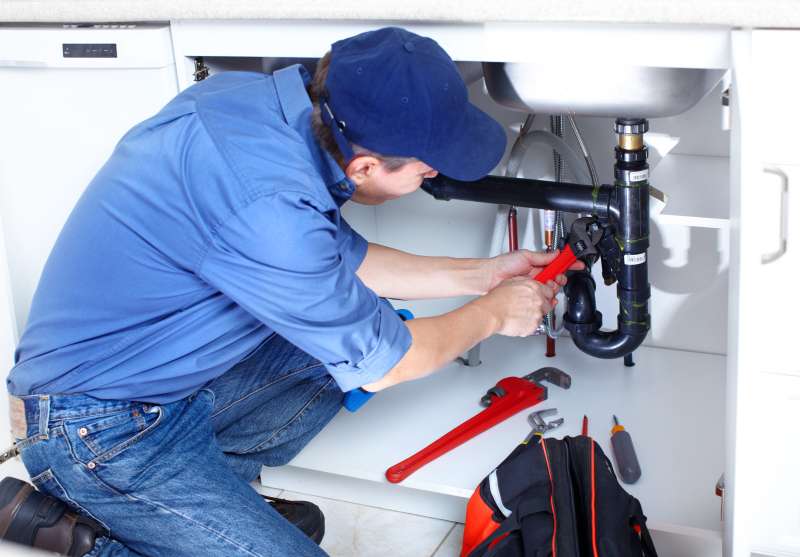
Repairing leakages in pipes, faucets, toilets, and home appliances.
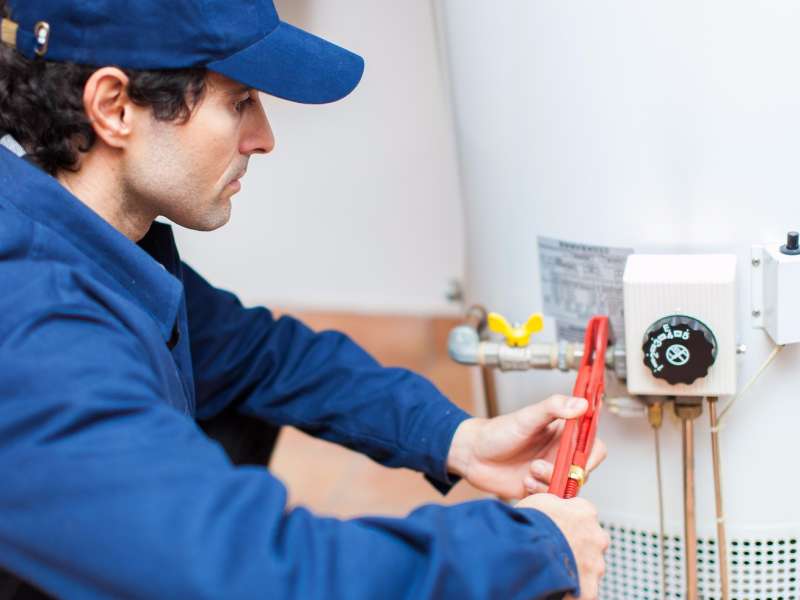
Quick resolution of extreme clogs and overflows.
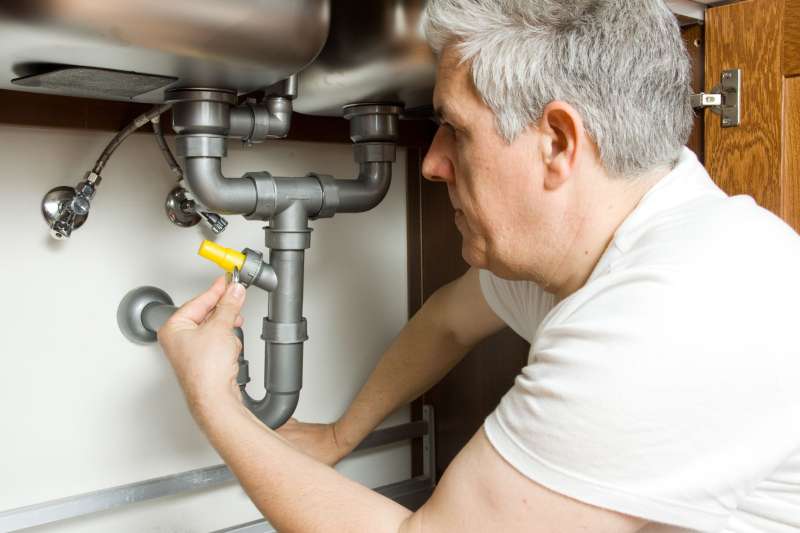
Utilizing cameras to check pipelines for damage or obstructions.
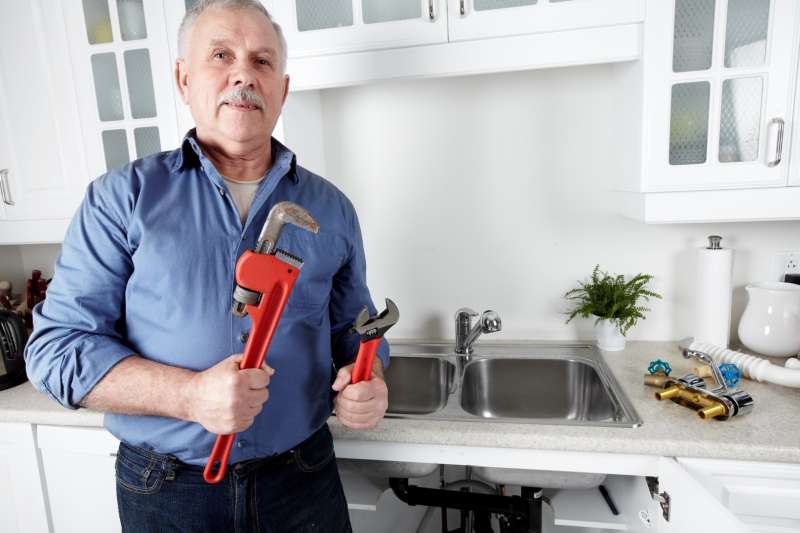
Fixing or changing burst, worn away, or damaged pipelines.
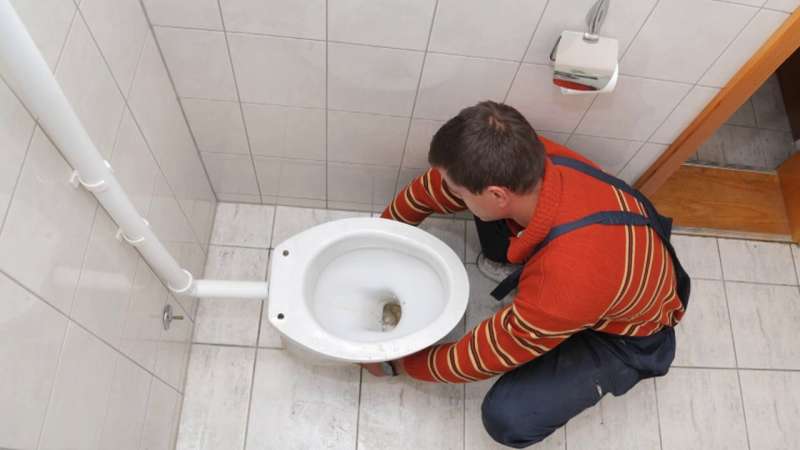
Installing brand-new piping systems for water, gas, and drainage.
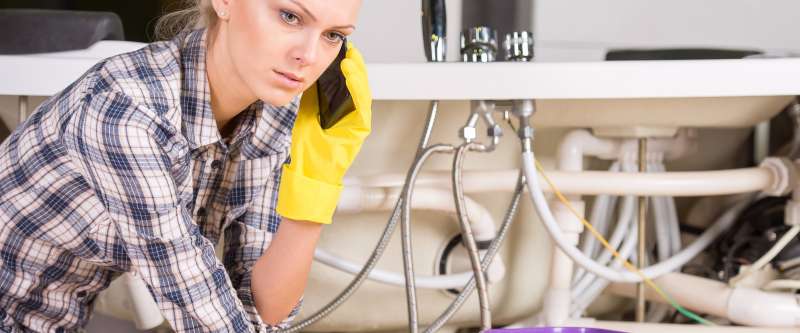
Assessing plumbing systems before purchasing residential or commercial property.
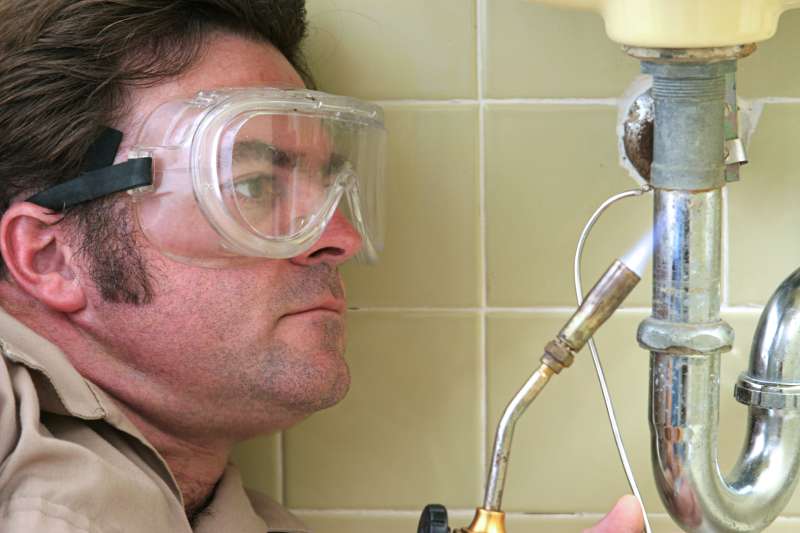
Installing systems to gather and use rainwater.
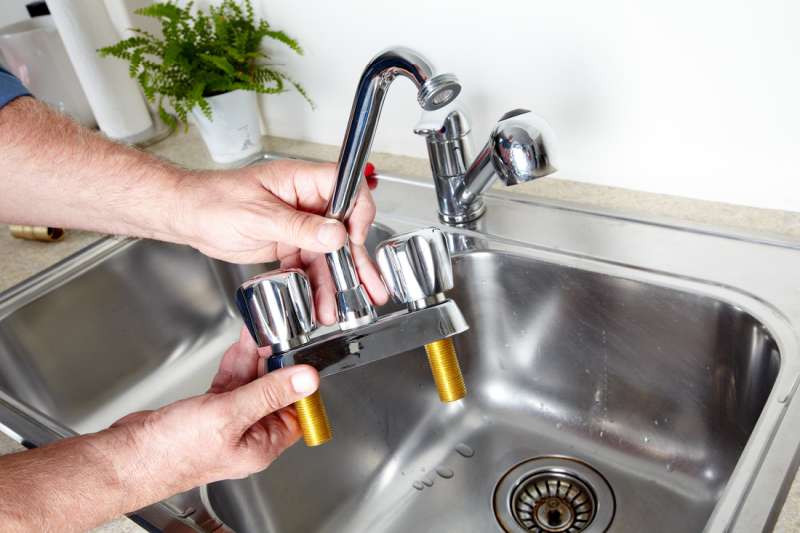
Continuous upkeep services for businesses.
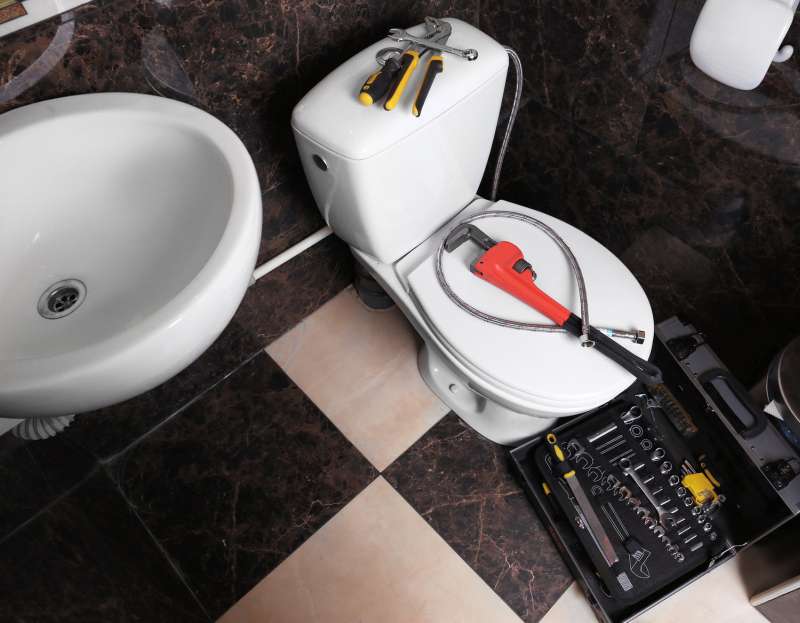
Installing, repairing, and preserving septic tanks.
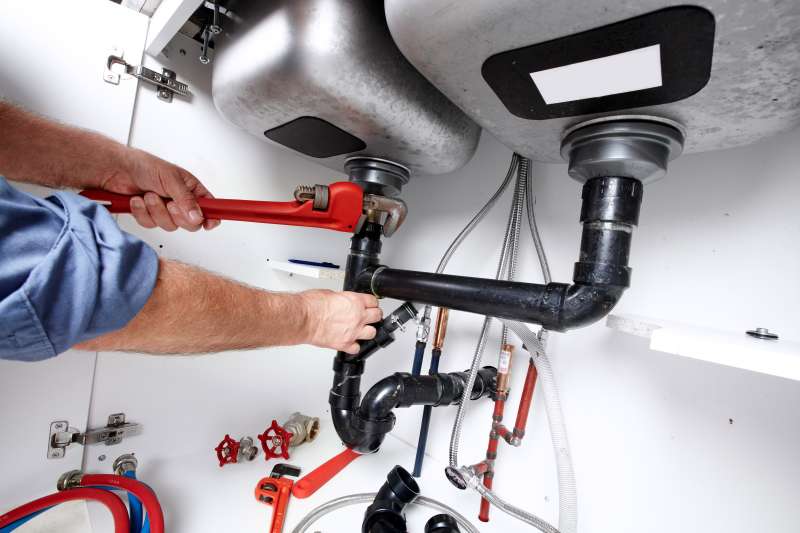
Handling groundwater in basements.
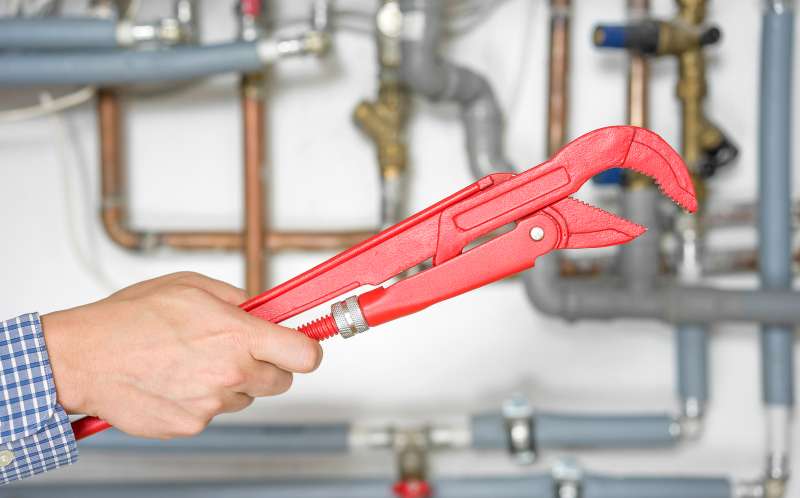
Setting up water-efficient or modern fixtures.
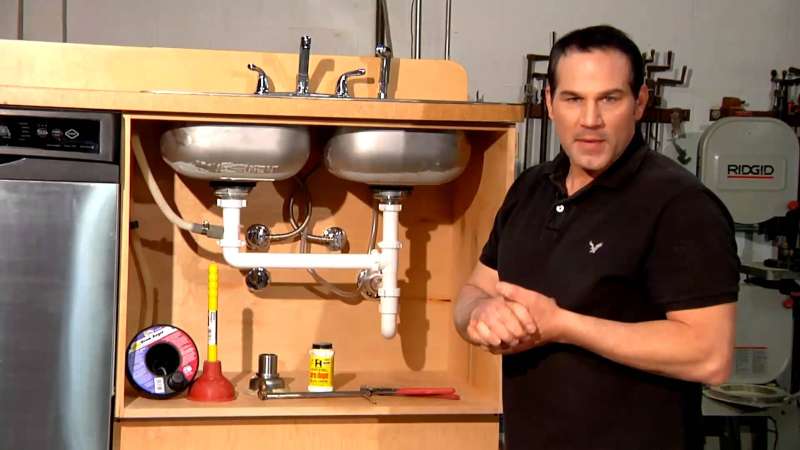
Recommending on water-saving methods and items.
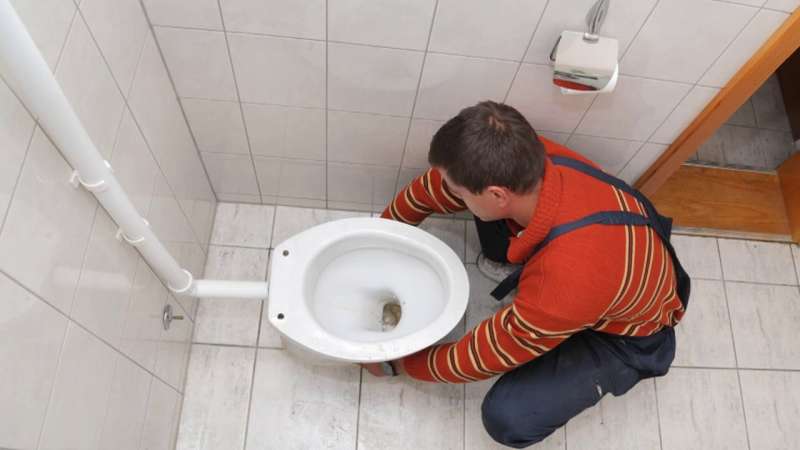
Installing water conditioners and filtration systems.
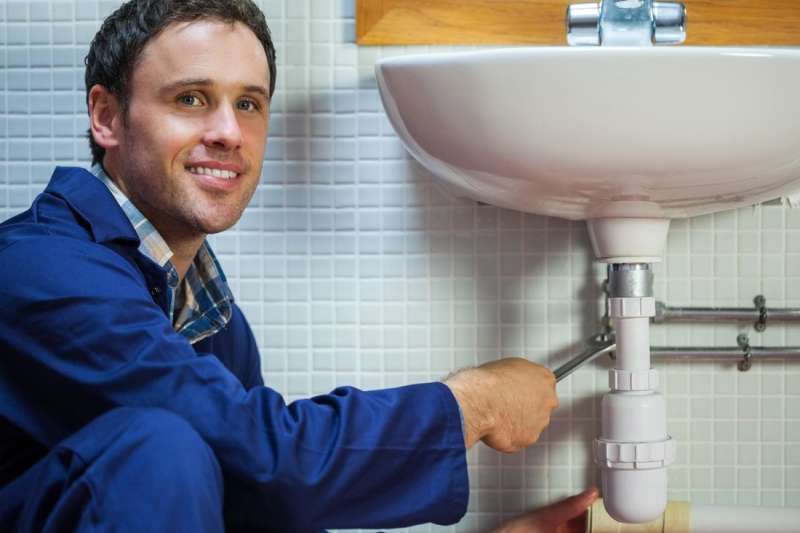
Flushing and checking hot water heater to prolong life expectancy.
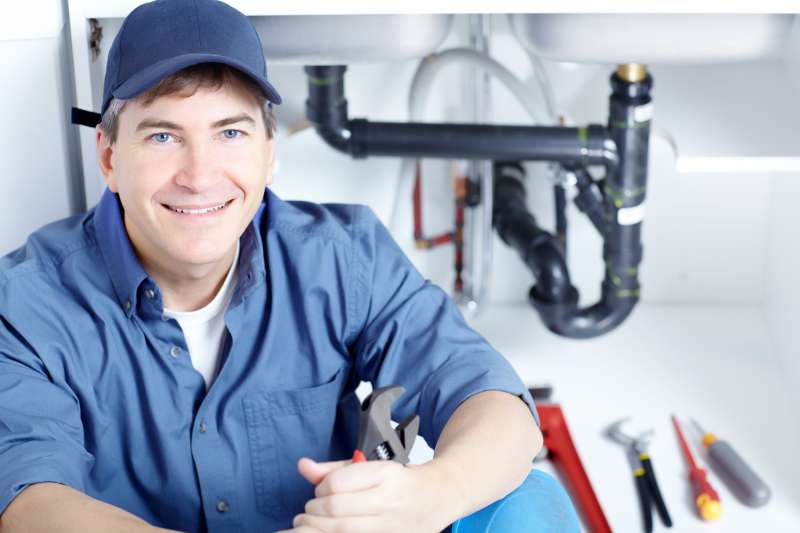
Attending to problems with temperature level, leaks, or failure to heat water.
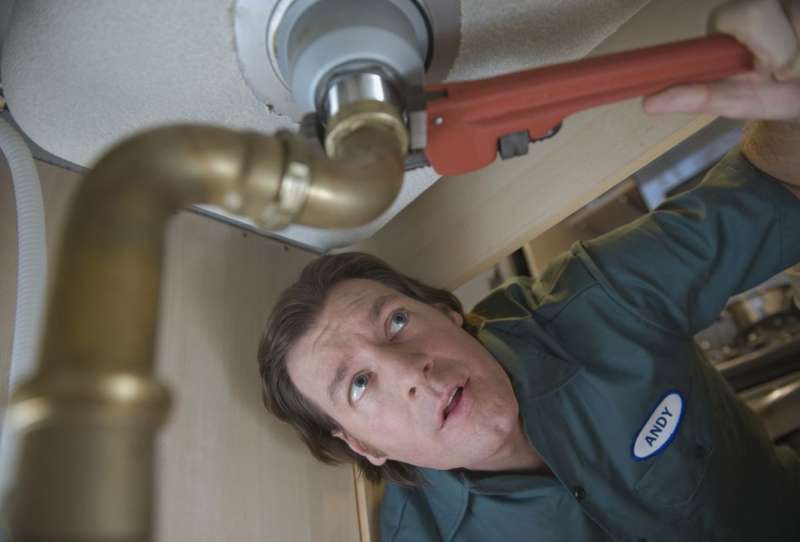
Securing basements or other locations from water intrusion.
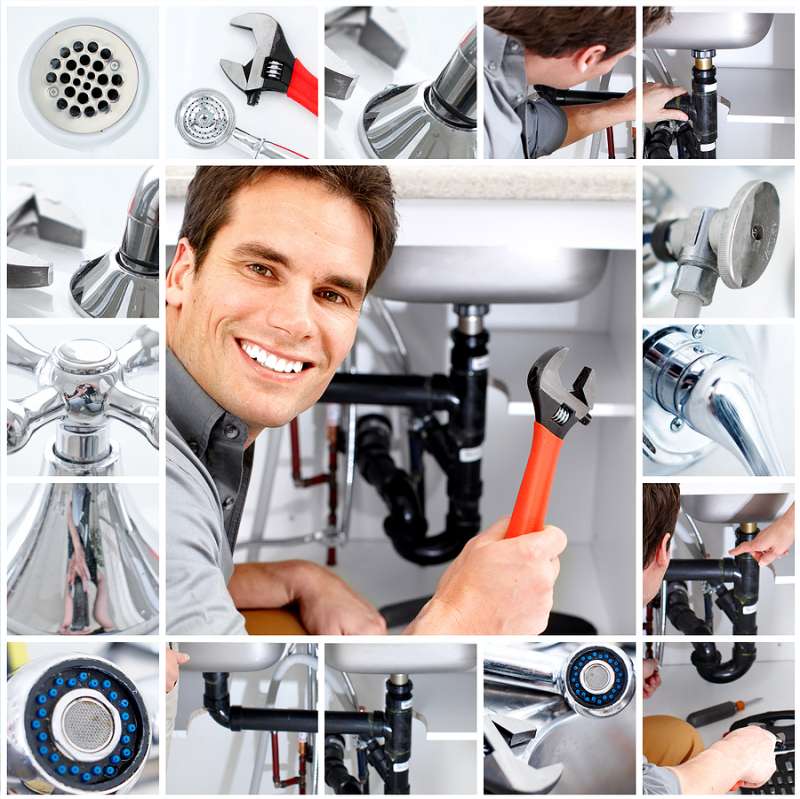
Immediate attention to prevent contamination and health dangers.